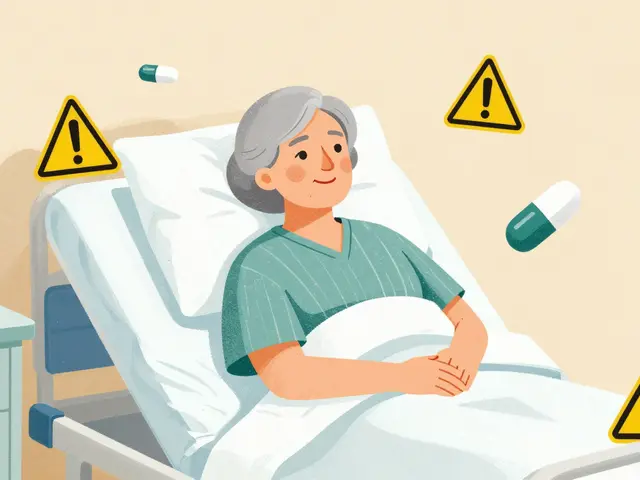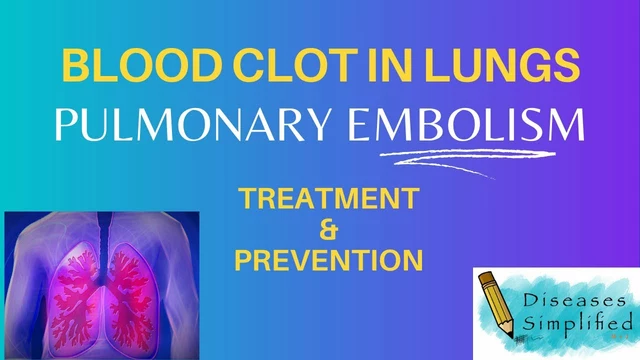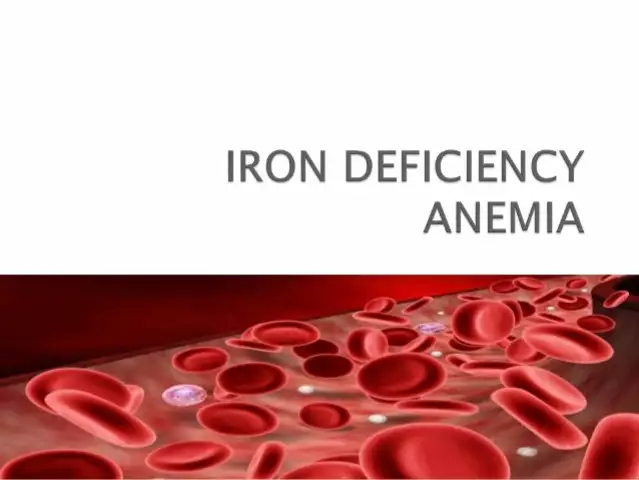Isotretinoin: what it does, who it's for, and how to stay safe
Isotretinoin is one of the most effective medicines for severe acne. It shrinks oil glands, lowers oil production, and can clear acne that didn't respond to creams or antibiotics. Because it can cause serious side effects — especially birth defects — it’s a drug you need solid facts about before starting.
Who might need isotretinoin?
Doctors usually suggest isotretinoin for nodular, cystic, or scarring acne that hasn’t improved with other treatments. If you've tried topical retinoids, benzoyl peroxide, and oral antibiotics without real progress, your dermatologist may offer isotretinoin. It’s also considered when acne seriously affects quality of life — like causing pain, infection, or deep scarring.
Typical courses last 4 to 6 months, sometimes longer depending on dose and response. Most people see major improvement after one full course. Still, relapse can happen and a second course may be needed in some cases.
Safety checklist: what to know before and during treatment
Pregnancy risk: isotretinoin is highly teratogenic. If you can get pregnant, you must use strict birth control and follow your clinic’s pregnancy testing rules. Many countries run special pregnancy-prevention programs; follow them exactly.
Blood tests: your doctor will check liver enzymes and blood lipids before starting and during treatment. Isotretinoin can raise triglycerides and affect liver function. If values climb too high, dosing may change or the drug may stop.
Common side effects are predictable: dry skin, chapped lips, dry eyes, and nosebleeds. These often improve after stopping the drug. Use gentle moisturizers, lip balm, and eye drops to manage dryness.
Mental health: some people report mood changes while on isotretinoin. If you notice new depression, severe mood swings, or suicidal thoughts, contact your doctor immediately. Don’t stop the medication without talking to a clinician.
Medication interactions: tell your doctor about all medicines and supplements. Avoid vitamin A supplements while taking isotretinoin — high vitamin A plus isotretinoin can increase toxicity. Also mention isotretinoin if you’re planning cosmetic procedures; skin may heal differently while on treatment.
Practical tips: keep skin care simple, use sunscreen daily (skin gets more sensitive), and avoid waxing while on treatment. Carry a list of emergency contacts from your clinic and keep follow-up appointments for labs and check-ins.
Isotretinoin can be life-changing for people with severe acne, but it demands respect. Talk openly with your dermatologist, follow safety steps, and raise any worries early. That keeps benefits high and risks low.

- May 23, 2025
- Posted by Cillian Osterfield
Accutane: Everything You Need to Know About Results, Side Effects, and Real Stories
Accutane, a strong acne treatment, often sparks curiosity and concern. This article breaks down how it works, what to expect, side effects, and tips for getting through a course. Real stories, practical advice, stats, and all the info anyone needs before starting or during Accutane—delivered in a straightforward, human way.
Categories
- Health and Wellness (72)
- Medications (69)
- Health and Medicine (28)
- Pharmacy Services (12)
- Mental Health (9)
- Health and Career (2)
- Medical Research (2)
- Business and Finance (2)
- Health Information (2)
Latest Posts
©2026 heydoctor.su. All rights reserved





